The Role of Tea in Celebrating Cultural Traditions
Tea. That magical potion that has the power to unite people, soothe souls, and confuse the heck out of coffee drinkers. It’s not just a beverage; it’s a lifestyle, a ritual, and for some cultures, practically a personality trait. From the British obsession with their afternoon tea to the Chinese art of the tea ceremony, tea has been steeping itself into cultural traditions for centuries. And let’s be honest, it’s probably the only thing that’s been brewing longer than family drama at Thanksgiving dinner.
So, grab your favorite mug, throw in a teabag (or go fancy with loose leaves if you’re feeling adventurous), and let’s dive into the hilariously heartwarming world of tea and its role in celebrating cultural traditions.
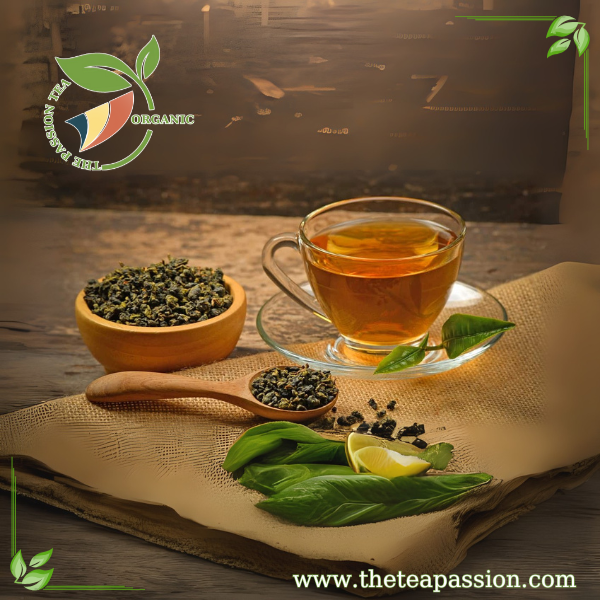
Tea in Britain: The National Hug in a Cup
Let’s start with the Brits, because honestly, they’ve turned tea into a national pastime. Afternoon tea is less about hydration and more about eating tiny sandwiches and pretending you’re royalty. Picture this: cucumber sandwiches so thin they’re practically invisible, scones with clotted cream and jam (because plain scones are apparently offensive), and enough tea to fill the Thames.
But here’s the kickertea isn’t just reserved for fancy occasions. In Britain, tea is the answer to everything. Feeling sad? Have a cuppa. Celebrating good news? Have a cuppa. House on fire? Put the kettle on first. It’s like their emotional support beverage, and frankly, it’s adorable.
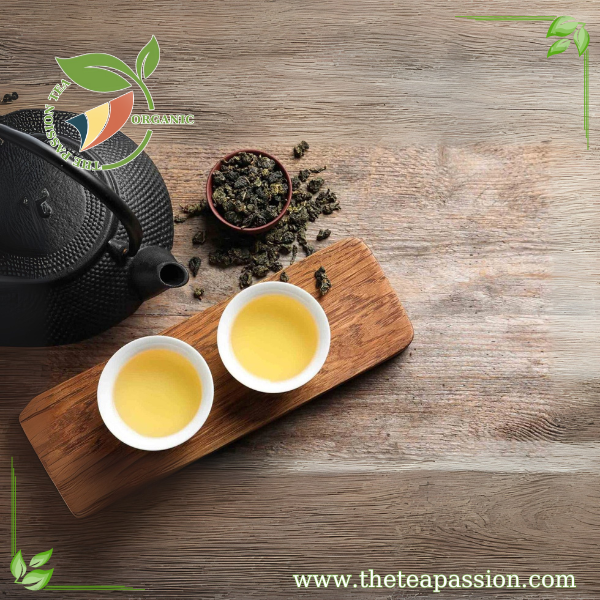
China: The Zen Masters of Tea
On the other side of the world, China approaches tea with the seriousness of a kung fu master preparing for battle. The Chinese tea ceremony is less about drinking tea and more about achieving inner peace while showing off your ability to pour liquids gracefully. It’s an art form that involves tiny cups, delicate movements, and the kind of patience that you wish you had when your Wi-Fi cuts out.
Tea in China is deeply rooted in history and philosophy. It’s not just about sipping; it’s about connecting with nature, honoring ancestors, and occasionally confusing tourists who thought they were just ordering green tea at a cafe. Fun fact: there are over 1,000 types of Chinese tea. So if you thought choosing between Earl Grey and chamomile was hard, welcome to the big leagues.
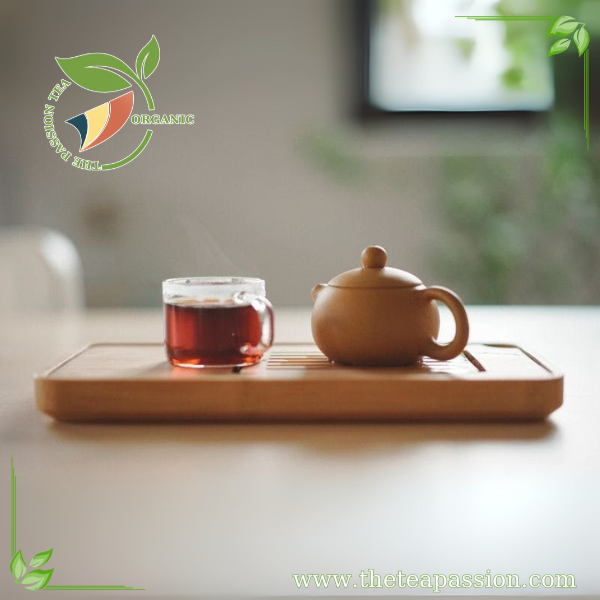
Japan: Tea Meets Theater
If China’s tea ceremony is a zen garden, Japan’s is Broadway. The Japanese tea ceremony, or *chanoyu*, is a meticulously choreographed performance where every movement has meaning. You don’t just grab a cup of matcha; you bow, whisk, sip, and contemplate lifeall while trying not to spill on your kimono.
The Japanese take tea so seriously that they’ve built entire rooms dedicated to it. Yes, tea rooms. Imagine inviting friends over and saying, “Welcome to my house! This is my living room, my kitchen, and my TEA ROOM.” It’s like having a home gym but way classier.
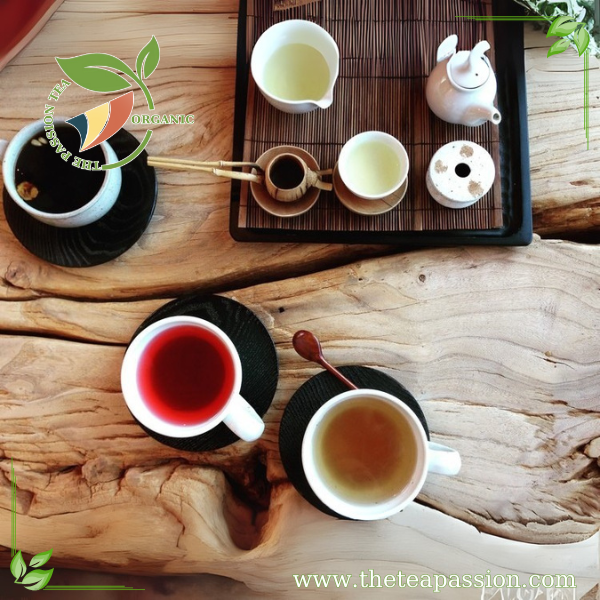
India: Chai is Life
In India, tea isn’t just a drinkit’s practically a religion. Chai (spiced tea) is the heartbeat of daily life, whether you’re haggling at a market or surviving rush-hour traffic. Forget fancy ceremonies; chai is served roadside by *chaiwalas* (tea vendors) who can whip up a cup faster than you can say “double masala.”
Indian chai is a sensory explosion: black tea, milk, sugar, cardamom, cinnamon, gingerall boiled together in a pot that looks like it’s seen better days but somehow produces liquid gold. It’s comforting, energizing, and strong enough to make you question why coffee even exists.
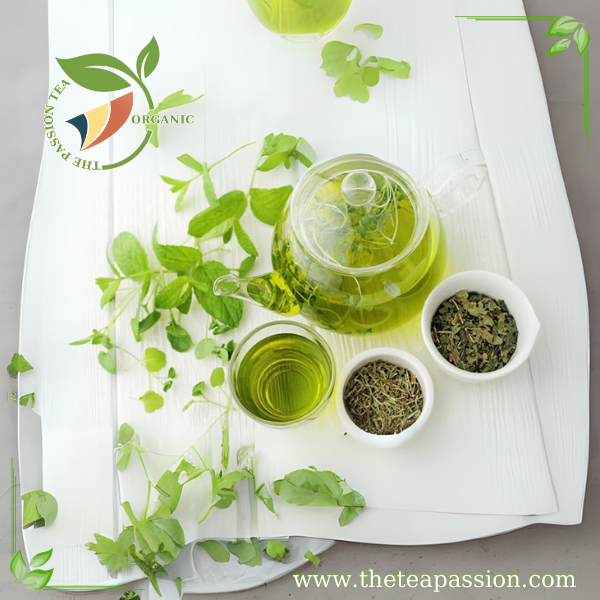
Morocco: Mint Tea Madness
In Morocco, tea isn’t just a drink; it’s an event. Moroccan mint tea is so sweet it could give your dentist nightmares, but it’s also so refreshing that you’ll forgive it every time. The preparation involves pouring the tea from great heights into tiny glassesa skill that doubles as entertainment when guests visit.
Moroccan tea culture revolves around hospitality. If you’re offered mint tea in Morocco, you’re basically being adopted into the family. Declining it would be like saying no to grandma’s cookiesit’s simply not done.
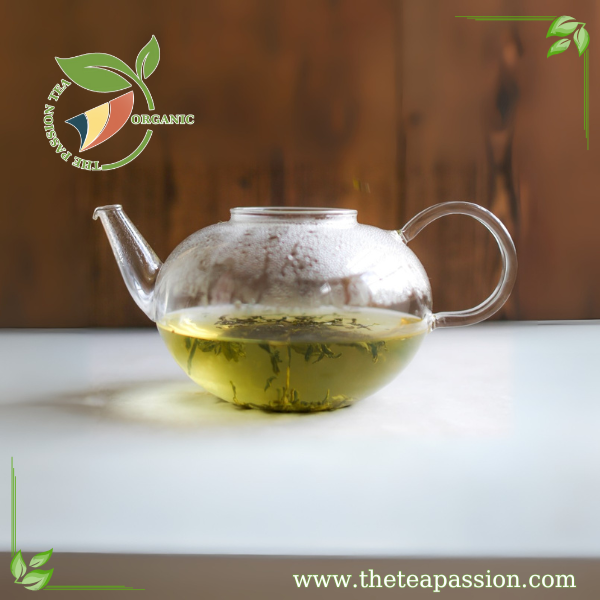
Russia: Tea with a Side of Drama
Russian tea culture is all about the *samovar*, a fancy contraption that looks like a cross between a teapot and a spaceship. Russians love their tea strong, dark, and accompanied by as many snacks as humanly possible. Think jam-filled pastries, chocolates, and possibly an entire meal disguised as “light refreshments.”
Tea in Russia is also an excuse to sit around for hours debating philosophy or telling stories that may or may not be true. Basically, it’s like hanging out with your eccentric uncle but with better snacks.
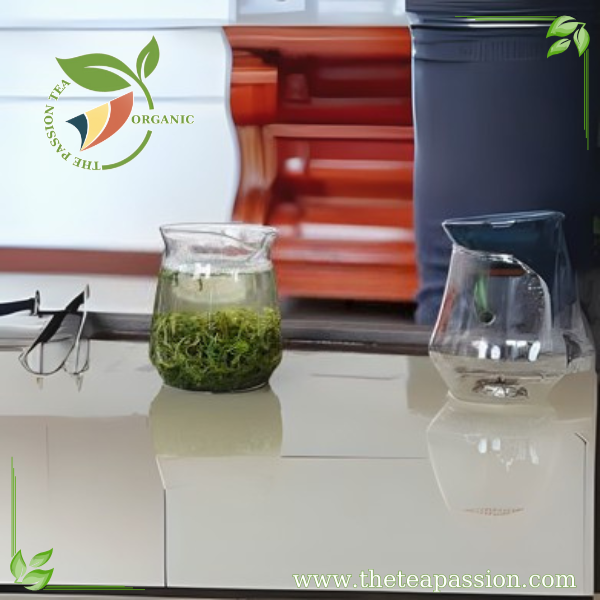
America: The Iced Tea Empire
America’s relationship with tea is… complicated. Sure, there’s hot tea for winter nights and herbal teas for yoga moms, but let’s be realiced tea reigns supreme. Sweet tea in the South is so sugary it could power your car battery, while unsweetened iced tea elsewhere tastes suspiciously like regret.
Americans don’t do ceremonies or rituals; they do convenience. Tea bags? Check. Drive-thru iced tea? Double check. And if you’re not sure how serious they are about iced tea, just visit Texas in Julyit’s basically liquid air conditioning.
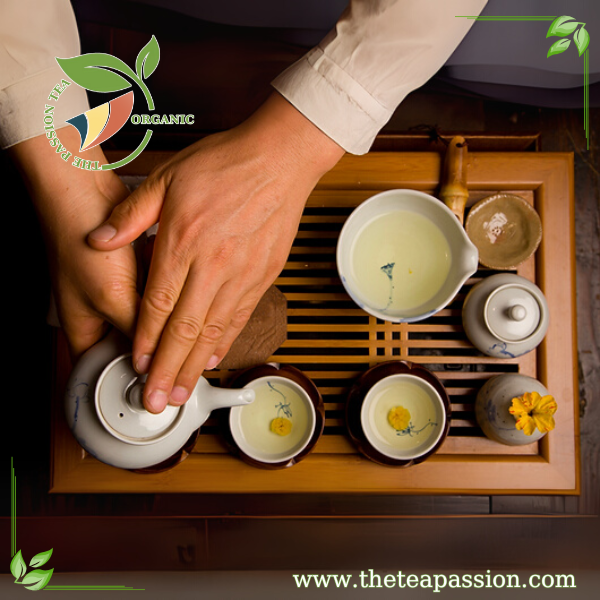
The Universal Truth About Tea
No matter where you go in the world, one thing remains true: tea brings people together. Whether it’s served in porcelain cups or plastic mugs, brewed with precision or thrown together haphazardly, tea has this magical ability to make everything feel better.
It’s the drink we turn to when we need comfort or celebrationor when we’re just trying to avoid talking about politics at family gatherings. Tea is universal yet delightfully unique in every culture, proving that no matter how different we are, we all share one common love: sipping something warm while pretending we have our lives together.
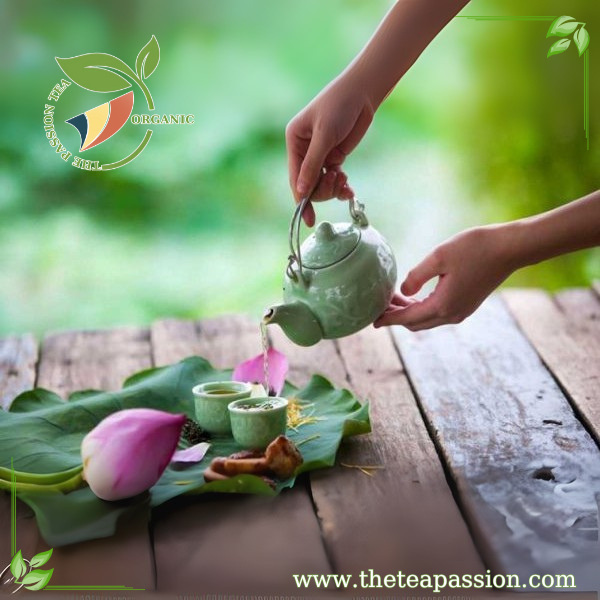
So next time you enjoy a cup of teawhether it’s chai from India, matcha from Japan, or good ol’ British breakfastremember that you’re partaking in centuries of tradition. And if that doesn’t make you feel fancy enough to hold your pinky up while sipping, I don’t know what will.
Cheers (or should I say *chai-ers*)!
